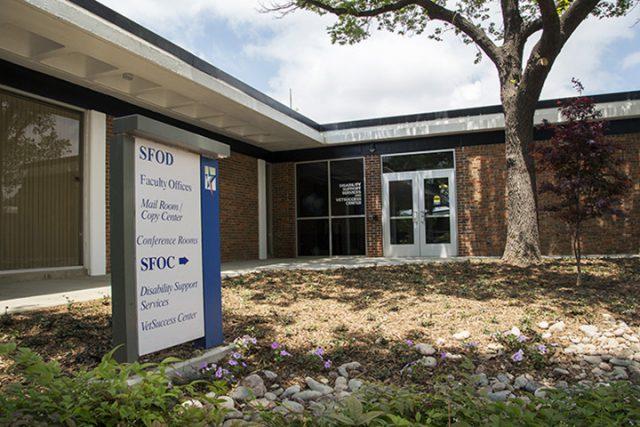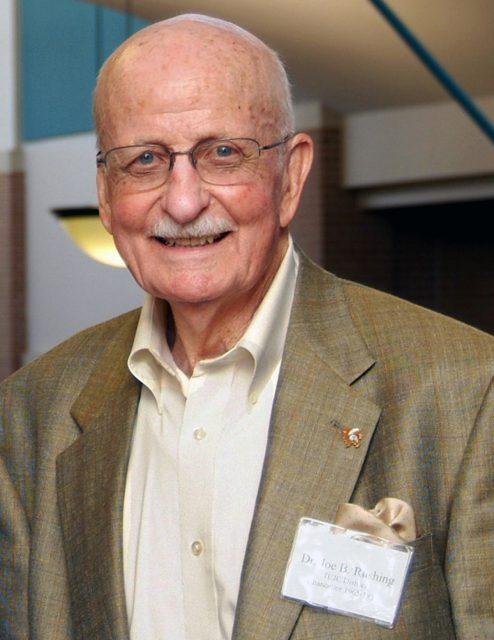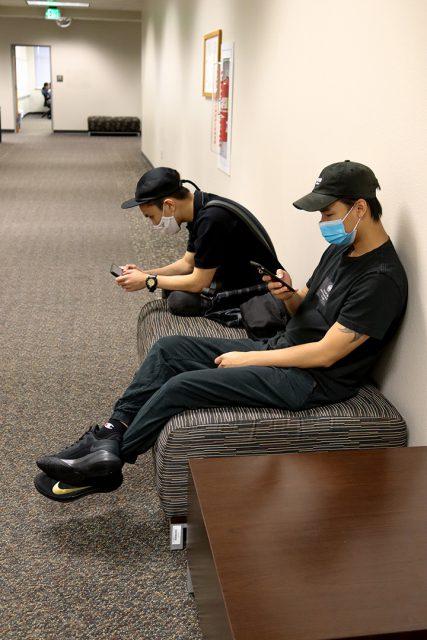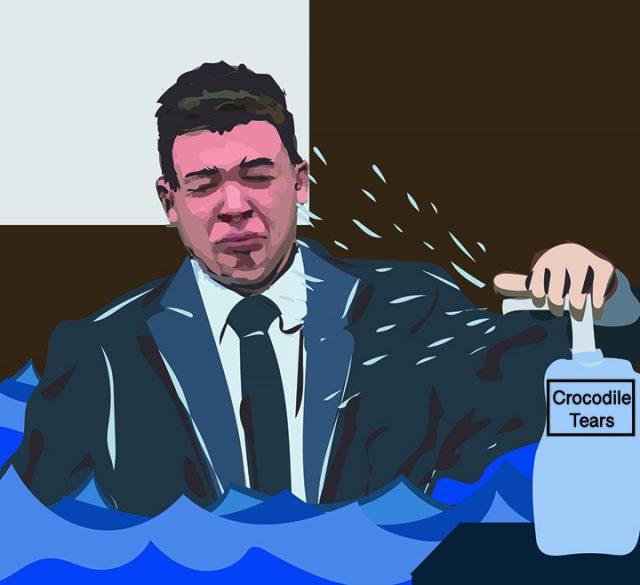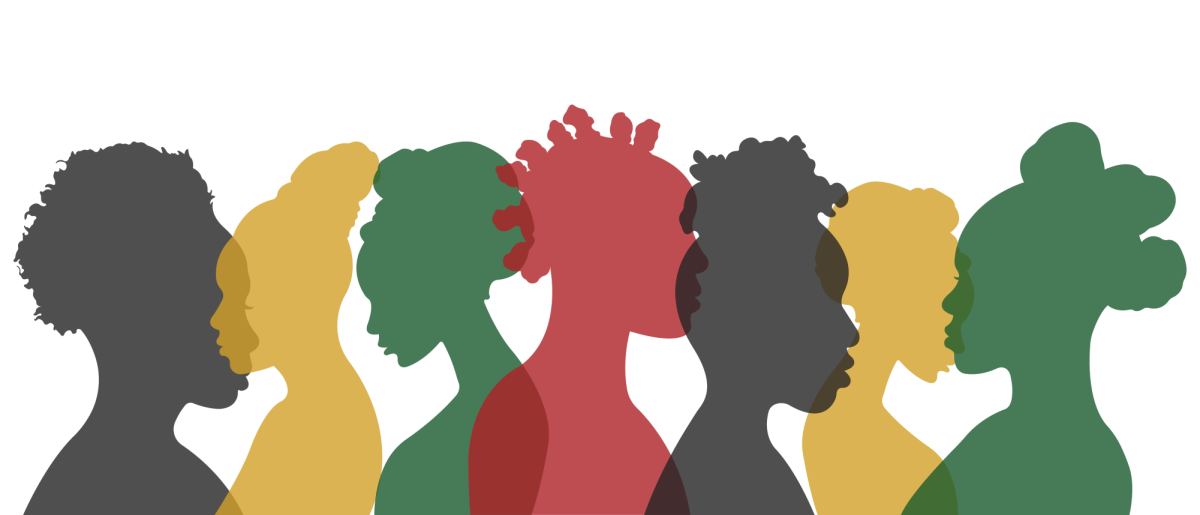Travis Rackley
reporter
Returning from military service to civilian life can be a daunting transition for veterans who go from structured daily schedules and orders to a more open and independent civilian life.
Often their rank and training do little to help them get jobs or register for college, and as TCC’s veteran counselors point out, it can feel like being thrown into the wind.
“Yeah, it can feel like you know, you’re being dropped in the pool and said, ‘Figure out how to swim, ‘” said Christopher Hunt, NE counselor and Operation Desert Storm veteran.
TR veteran counselor Angel Ayala called it a double transition as a veteran goes from soldier to civilian to student.
“They feel dropped off in a sense,” Ayala said.
NE campus veteran advisor James Varnado said a soldier’s daily life is structured and pre-determined as their superiors dictate where you eat, sleep and work, whereas the independence and openness of civilian life can be overwhelming in contrast.
“But, after coming back, being able to operate in an independent manner, [it] becomes very difficult,” Varnado said. “It has an expectation that I want somebody to tell me what to do.”
If nobody tells him what to do, Vernando said he thinks he is wrong.
“Because some units, relatively speaking, and depending on the commander,” he said.
“They keep you on high alert, and you have no downtime.”
Ayala said one of the biggest issues is that of soldiers learning to cope with the trauma and anxiety that military life could bring and having to remember they are no longer on the battlefield once in civilian life. Soldiers are trained to withhold and keep their feelings in check, a solid strategy while lives are on the line in a firefight, but after they leave the field it can be exceptionally difficult to open up again.
Ayala said while the military will spend the time to train recruits into soldiers, they don’t take the time to turn veterans back into civilians and thus create barriers in communication between those who served and civilians.
Hunt spoke of the myriad of ways veterans cope with stress via sports, hobbies and therapy. Unfortunately, it is fairly common that veterans lack a stable coping mechanism and will attempt to self-medicate with alcohol or drugs instead of seeking assistance, creating a downward spiral that ruins them.
Many veterans refuse to talk about their issues out of fear of being seen as unreliable.
“In the military asking for help is, you know, a sign of difficulty and can be interpreted as a weakness,” Hunt said. “Now, it’s not the time for suck it up, Buttercup. Now’s the time, as vulnerable as it feels to peel back the titanium, the Kevlar and the stainless. And, you know, let a certain small, trustworthy group of people know who you are.”
























